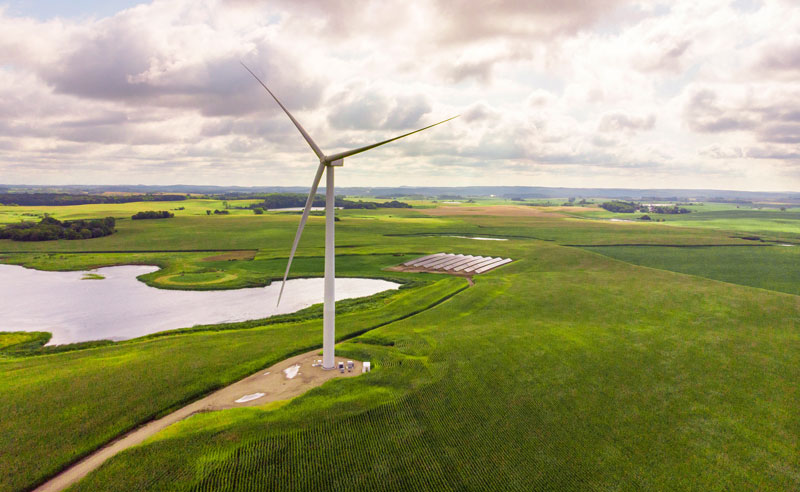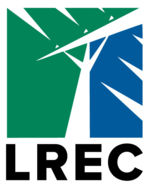Energy storage technology is extremely versatile—it can be small enough to fit in your phone, or large enough to power your entire home.
Most people are familiar with small-scale batteries for handheld devices, but utility-scale batteries take energy storage to a whole new level. The ability to store energy helps to ensure that energy demand meets supply at any given time, making electricity available when you need it. Although battery prices have been decreasing steadily over the last several years, energy storage can be expensive to attain.
Energy storage currently plays a crucial role in incorporating renewable energy into our electric grid. Solar and wind energy are weather-dependent, so when energy demand is low but energy supply is high from the sun or wind, storing the excess energy makes it possible to use it later when demand is higher. As renewable energy becomes more prevalent, energy storage will help to create a more resilient grid.
Lake Region Electric Cooperative has been conducting a pilot project that is testing the ability of large capacity water heaters to act as thermal storage batteries. Water heaters enrolled in this pilot are equipped with internet connected control technology, allowing them to be managed on a larger scale. Excess electricity generated by our local Wind-Solar Hybrid (see below) is then intelligently stored as hot water to be used later.
As technologies improve, equipment costs decrease, and more renewable energy is generated, there is a great potential for utility-scale energy storage to continue expanding in the coming decades.

 Lake Region Electric Cooperative
Lake Region Electric Cooperative